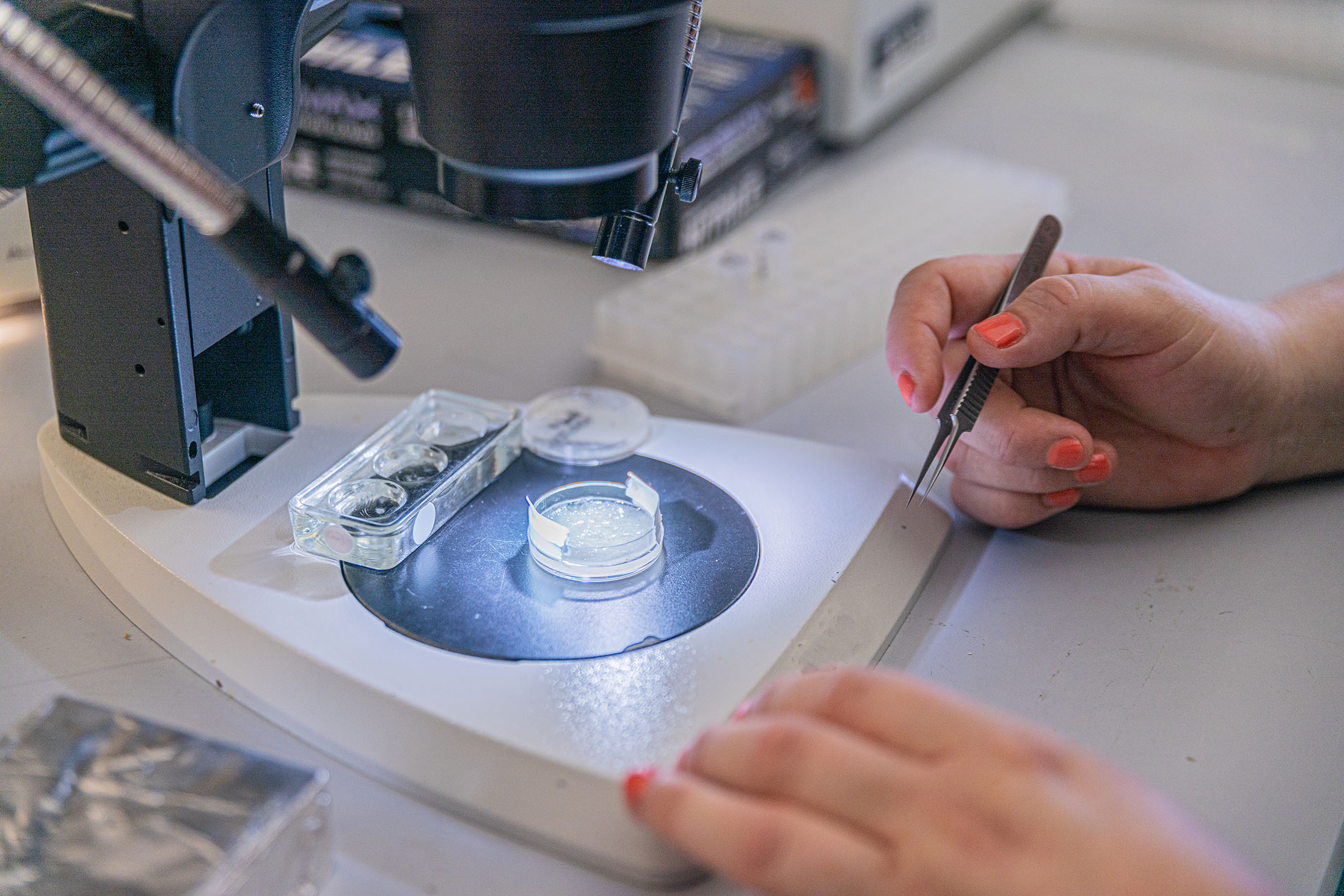
As a research-focused university, UCM strives to engage undergraduates in authentic research experiences. UCM has been successful in this realm, as it organizes several competitive summer research programs for undergraduates through the Undergraduate Research Opportunities Center (UROC), funded by the NIH, NSF and the University of California, in which students are paired with a faculty research mentor and receive technical training, as well as professional skills coaching (e.g. oral and written communication, scientific dissemination) and advising for STEM-based careers. However, UROC only can place a small percentage of the total student body into these internship programs, and those students are self-selected, as they must apply and be accepted into the program. In order to include all UC Merced Biological Sciences students in research experiences, we will incorporate the process of scientific discovery directly into our core biology laboratory courses. Our goal is to embrace our students’ diverse backgrounds and entry points as we fulfill the UCM mission by creating research experiences for all biology students. A key recommendation of the Vision and Change report is the integration of research activities into the curriculum (AAAS, 2009). We propose to use both inquiry-based laboratories (IBLs) and course-based undergraduate research experiences (CUREs) in two stages to teach STEM research practices to all students. Our short-term goal is to transition the one-year introductory biology lab sequence into collaborative IBLs. Our long-term goal is to create and institutionalize CUREs in the upper division biology courses, directly linked to our faculty research and student interests.
Progress 2018-present:
1. Revised and updated introductory biology labs (BIO 1L and BIO 2L) in terms of course learning outcomes for technical, data analysis, communicationand critical thinking skills; in collaboration with the SNS Instructional Lab Staff. The goal is to ensure that students are prepared for upper division lab courses.
2. SATAL recorded classroom activities, and also to analyze student exit surveys on their learning.
3. Site visits to UC Riverside and UC San Diego to meet with CURE faculty and direct observe and interview undergraduate students, learning assistants and graduate teaching assistants in their courses, in order to assess best practices to be incorporated to CUREs at UC Merced.
4. Continuing to build out CUREs at UC Merced. Grant funds were used to support purchases of reagents and graduate student researcher to help pilot lab exercises for CUREs and guide undergraduate students.
•BIO 118: Gene Editing Lab
•BIO 119: Animal Microbiome Research
•BIO 120L: Microbiology Lab (Small World Initiative)
•BIO 127LA/LB: Virology Lab (SEAPHAGES)
•BIO 148: Ecology Field Research
•BIO 150L: Developmental Biology Lab
In pilot stages:
•Molecular Biology/Developmental Biology
•Symbiosis Lab



